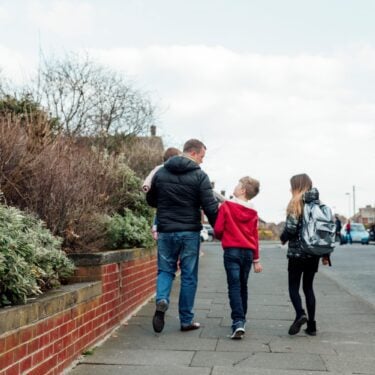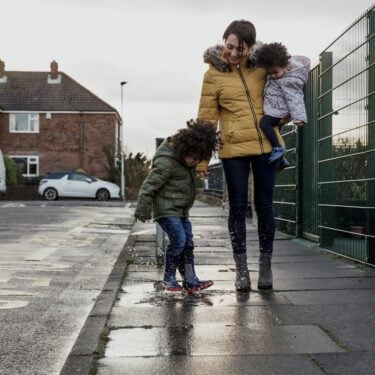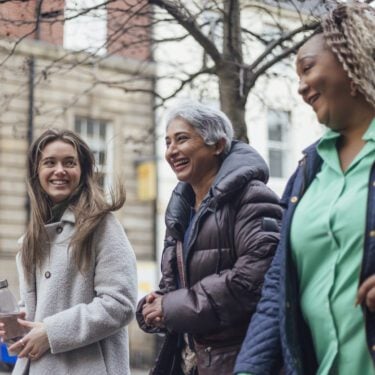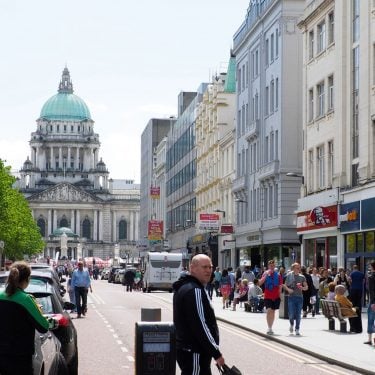-
Dr Sarah NasonBangor University
-
Dr Lorien JasnyUniversity of Exeter
-
Dr Sara Closs-DaviesBangor University
-
Lindsey PooleAdvice Services Alliance
-
Ned SharpeMinistry of Justice
-
Dr Susanne MartikkeGreater Manchester Centre for Voluntary Organisation (GMCVO)
Project overview
This research examined how access to social welfare legal (SWL) advice interacts with community connectedness, (in)equality, and wellbeing.
Why is this important?
SWL advice helps people with everyday problems related to benefits, debt, employment, housing, immigration, and social care. As advice needs increase, and local community and identity-based systems of support emerge, there are gaps in our understanding of how people from diverse communities seek and obtain help, and how best to ensure that problems are resolved as quickly as possible.
What did it involve?
The project team conducted case-study research with four diverse communities in England and Wales. In each area they: mapped community characteristics and advice organisations; engaged with advice providers and other local stakeholders to understand how they connect with communities and the challenges faced; and conducted semi-structured interviews to examine local residents’ social networks, problems experienced, and approaches to advice seeking.
Key findings included:
- Local, culturally sensitive community organisations are crucial for connecting people with SWL advice but face a range of challenges, including insufficient and short-term funding, problems recruiting and retaining volunteers, and difficulties building meaningful partnerships with formal SWL services, which may themselves be underfunded.
- The loss of physical community spaces where people meet to build social networks makes it even harder for communities to make a difference.
- There are limits to the benefits of strong communities and effective advice provision for ensuring access to justice. Many of the problems people face stem from shrinking state provision and longer-term structural inequalities. Close-knit communities also sometimes inhibit advice-seeking.
- ‘Digital by default’ services do not meet people’s needs. Local in-person services are widely preferred, for reasons of accessibility and because people want to build familiarity and trust with an adviser.
Policy recommendations
The research makes 30 recommendations for government, the advice sector, and community organisations. These centre on:
- The design, funding, sustainability, and implementation of advice policies and strategies at both national government and local authority level.
- Improving collaboration between local government and other statutory bodies that benefit from improved SWL advice in terms of the effectiveness of their own delivery (e.g., health services, social care, education).
- Improving advice sector engagement with communities and the joint development of strategies to address issues arising around legal rights and entitlements.
- Recognising the importance of place in determining the shape and nature of the SWL advice issues people experience and in considering how best to build trust over time within communities to improve service delivery.
- The role and importance of community hubs and key community individuals including so-called community connectors/navigators.
- The optimal balances between specialist and generalist advice, in-person and digital services, and advice services, public legal education and campaigning work.

































